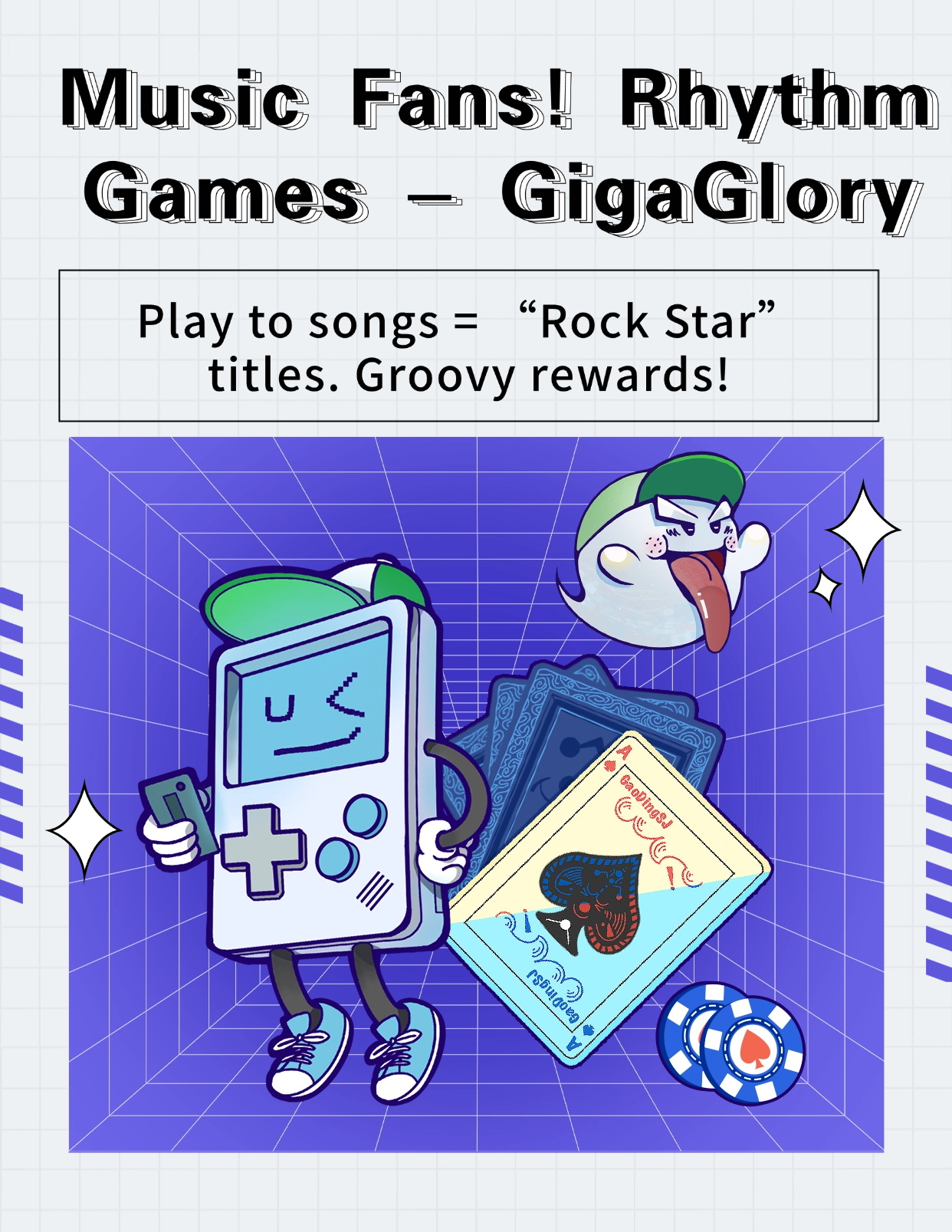Unlocking Learning: How Puzzle Games Transform into Engaging Educational Games
In the realm of learning, creativity meets cognitive engagement in the most unexpected places—like, for example, your next favorite puzzle game. Picture this: you’re moving pieces on a board, and suddenly you've solved a challenge that also teaches you math skills. Sounds fun, right? This is the magic of puzzle games evolving into educational games. They’re not just brain teasers anymore; they’re powerful tools for learning!
The Rise of Puzzle Games
Puzzle games have been around for ages. From the classic Tetris to the more contemporary Candy Crush, they capture our attention and challenge our minds. What’s more fascinating is their transition into the educational sector. As the demand for engaging learning tools increases, developers are realizing that embedding educational elements into puzzle formats can lead to enhanced learning outcomes.
What Makes Educational Games Effective?
- Interactive Learning: Engaging activities promote deeper understanding.
- Immediate Feedback: Players receive on-the-spot insights, which helps adjust their strategies.
- Motivation and Focus: Gamified elements inspire continuous interaction.
How Do Puzzle Games Foster Learning?
Through captivating gameplay mechanics, puzzle games can help players develop critical thinking and problem-solving skills. By presenting users with challenges that require logic, strategy, and pattern recognition, educational puzzle games encourage players to think outside the box. Here’s how:
- **Encouraging Persistence:** Players learn to tackle tough challenges.
- **Reinforcing Knowledge:** Repeated gameplay engrains concepts.
- **Making Learning Fun:** When education feels like a game, people want to learn!
Examples of Popular Educational Puzzle Games
| Game Title | Description | Learning Outcomes |
|---|---|---|
| Brain Age | A series that combines various mini-games to test cognitive skills. | Improvement in memory and analytical thinking. |
| Prodigy Math Game | A fantasy-based platform that teaches math through engaging quests. | Enhanced arithmetic and problem-solving abilities. |
| LightBot | Code-adventure game that teaches programming logic. | Understanding basic programming concepts. |
The Link Between Puzzle Games and Knowledge Retention
Did you know that players often retain more information from games than traditional learning methods? This phenomenon is termed as “gamification” of education. It suggests that the brain encodes learning experiences differently when they're wrapped in engaging narratives and competitive challenges. Hence, puzzle games that require memorization can significantly enhance long-term retention of knowledge.
Puzzle Games: Beyond the Screens
Not all puzzle games need to be played on smartphones or computers. Traditional board games, such as Scrabble or Pictionary, can serve educational purposes as well! They encourage vocabulary building, creative thinking, and social interaction. When combined with contemporary educational strategies, these games enrich classroom experiences.
The Future of Educational Gaming
The future looks bright for educational games, particularly puzzle formats. As technology develops, opportunities for creating immersive learning experiences through augmented reality (AR) and virtual reality (VR) are becoming more feasible. Imagine stepping into a game that teaches history by allowing you to experience ancient civilizations firsthand. The possibilities are endless!
Challenges to Consider
While the union of puzzle games and education offers countless benefits, there are challenges:
- Balance in Complexity: Striking the right balance of educational content and gaming fun can be tough.
- Screen Time Concerns: The implications of increased game time for young learners must be monitored closely.
- Accessibility: Ensuring equal access for all students is critical to maximize effectiveness.
How to Choose the Right Educational Puzzle Games
Finding the best educational puzzle games can be overwhelming given the variety out there. Here are some tips:
- Identify your learning goals: Are you focusing on math, language, or problem-solving?
- Look for games with positive reviews: See what other users are saying.
- Check if they're age-appropriate: Ensure the complexity matches the learner’s level.
Comparing Games: Educational vs. Entertainment
It’s important to understand why some games resonate more than others. Here’s a small comparison:
| Criteria | Educational Games | Entertainment Games |
|---|---|---|
| Objective | Learning and Development | Fun and Engagement |
| Content | Purposeful and Structured | Flexible and Creative |
| Player's Growth | Skill Development | Entertainment Value |
Engaging the Community
How do we make an even bigger impact? Engaging the community through educational puzzle games can foster a supportive environment. Workshops, tournaments, and collaboration with educators can spread the word about these tools. Additionally, involving parents in the learning process through game-based activities at home creates a nurturing educational landscape.
Final Thoughts
In conclusion, the evolution of puzzle games into educational games signifies a revolutionized approach to learning. With their interactive nature, effectiveness, and potential for engagement, they offer a fresh take on how we perceive education. The line between fun and learning blurs, creating a world where kids (and adults!) can enjoy learning as much as playing.
Next time you enjoy a game or organize a game night, consider how it might just be the key to unlocking some learning magic!



